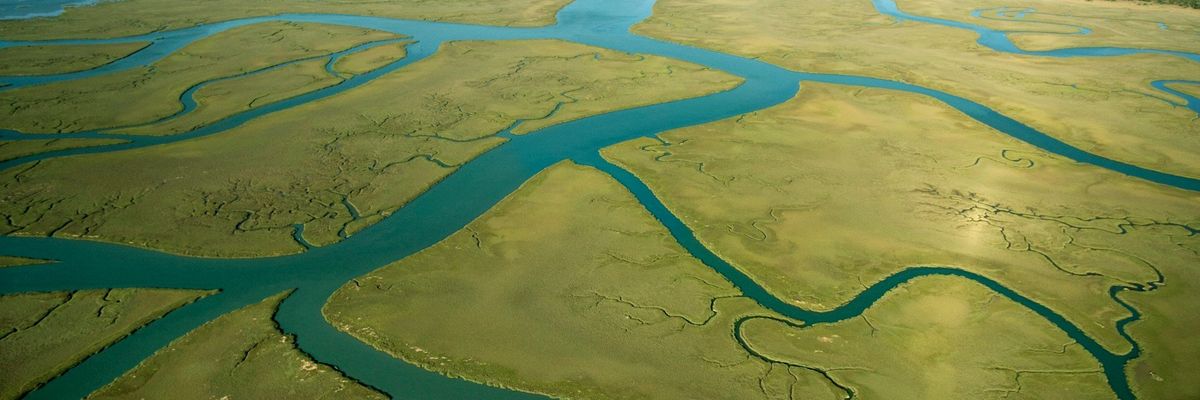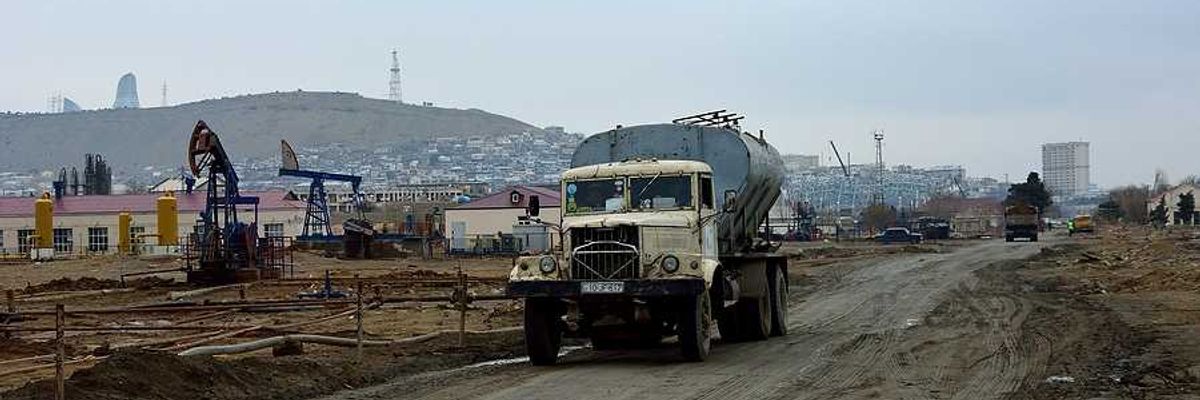charleston
Charleston battles frequent flooding as climate change worsens
Charleston, South Carolina, faces increasing flooding from storms like Tropical Storm Debby, highlighting the city's struggle with climate change's impact on coastal communities.
In short:
- Residents of Charleston, S.C., are experiencing more frequent and severe flooding due to storms exacerbated by climate change.
- The city is implementing infrastructure improvements like tunnels and pump stations to combat rising sea levels and protect against future floods.
- Charleston's average sea level has risen by seven inches since 2010, significantly increasing the frequency of flooding events compared to past decades.
Key quote:
“It's no longer a question of if these storms can happen; we've seen them happen now again and again and again.”
— Jessica Whitehead, executive director of the Institute for Coastal Adaptation and Resilience at Old Dominion University
Why this matters:
As climate change intensifies, coastal communities like Charleston face heightened flood risks, threatening homes and infrastructure. Understanding and addressing these challenges is vital for resilience and sustainable urban planning in vulnerable areas.
Related EHN coverage:
Charleston's battle with wastewater woes
In Charleston, S.C., environmental advocates are gearing up for legal action against Charleston Water for failing to curb frequent sewage overflows, raising health and environmental concerns.
In short:
- Frequent storms in Charleston, S.C., lead to sewage overflows, contaminating local ponds and streets with wastewater, and triggering public health concerns.
- Charleston Water has reported numerous sewage spills since 2015, with legal action threatened by environmental groups for non-compliance with federal environmental laws.
- The city’s aging infrastructure, compounded by climate change, struggles to manage the increased frequency and intensity of rainfall and sea-level rise.
Key quote:
“These are basic infrastructure things: how you handle sewage waste. Not only is it a water quality issue, it’s a plain old public health issue. That’s untreated sewage and all the bacteria and pathogens that come with it.”
— Andrew Wunderley, director of Charleston Waterkeeper
Why this matters:
Many cities and towns rely on outdated sewage systems that were designed for a different era—one with less intense rainfall and smaller populations. These systems, often a century old, struggle to handle the volume of water from heavy rainfalls, leading to the discharge of untreated sewage into rivers, lakes, and even streets, posing significant risks to public health and local ecosystems.
Eight excellent books on sea level rise risk for U.S. cities
If you live in or are considering moving to Miami, Charleston, Houston, New Orleans, New York City, Norfolk, the Florida Keys, or coastal New Jersey, you should read these sea level rise books.
Book Review: ‘Charleston,’ by Susan Crawford
The perfect storm: the US city where rising sea levels and racism collide
Cross-currents of denialism, boosterism, broken governance systems and deep-seated racism will meet with rapidly accelerating sea level rise.









